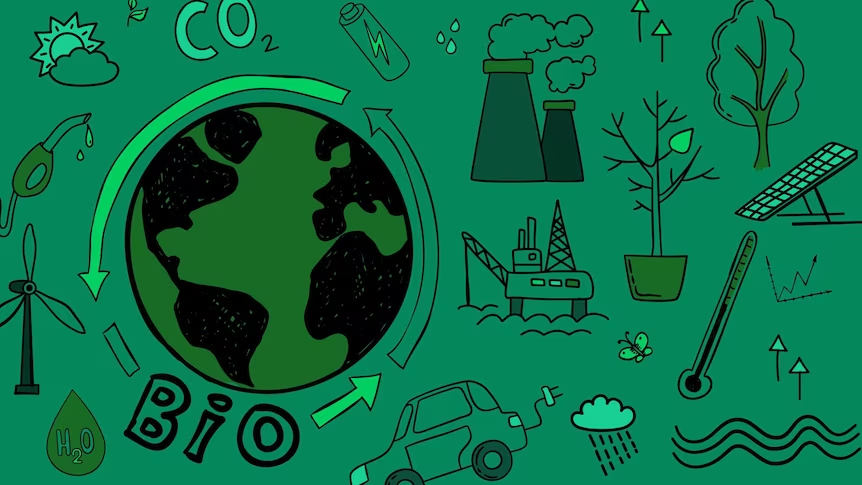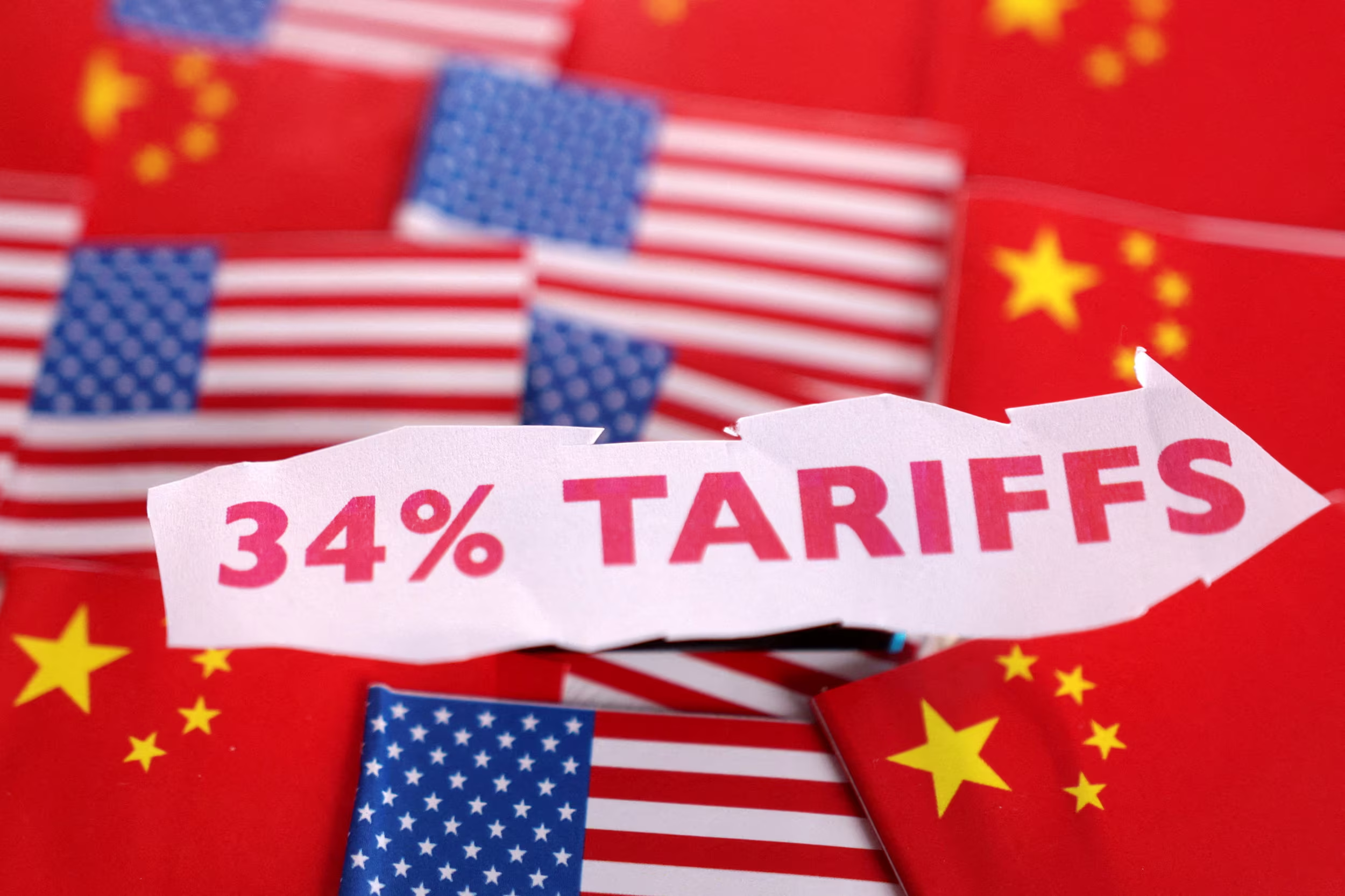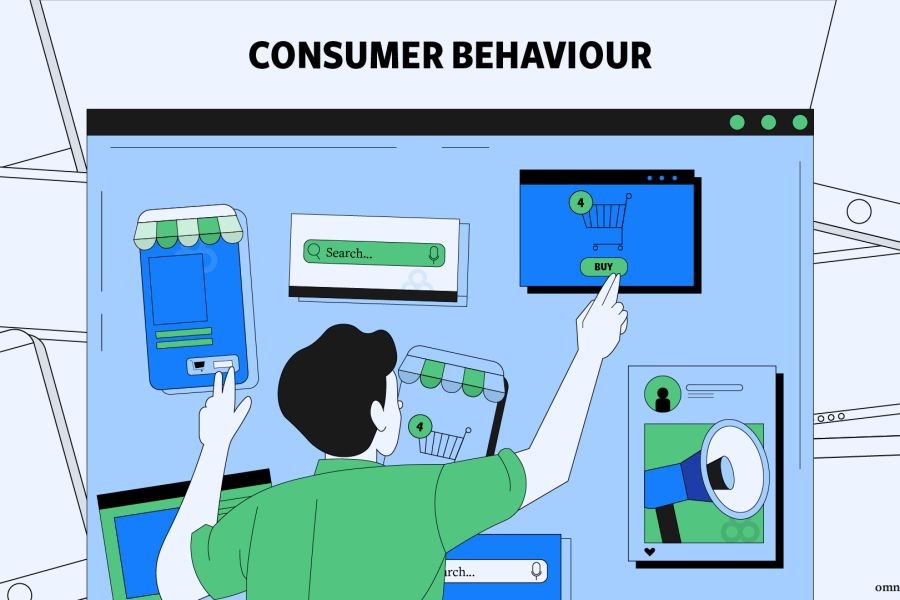Australia's whistleblower protection framework has been under intense scrutiny, as ongoing corporate scandals and governmental transparency issues highlight potential weaknesses. In a country where industries such as finance, mining, and healthcare are pivotal to the economy, robust whistleblower protections are not just a matter of ethical importance but also economic necessity. The question remains: are current laws adequate to protect those who risk their careers to expose wrongdoing?
Understanding Australia's Whistleblower Protection Framework
The Australian whistleblower protection landscape is primarily governed by the Corporations Act 2001 and the Public Interest Disclosure Act 2013. These laws aim to protect individuals who disclose information about misconduct within corporations and public sector organizations. However, despite these statutory frameworks, whistleblowers often face significant challenges, including retaliation, harassment, and career detriment.
The Role of Industry in Whistleblower Protections
Industries such as finance and healthcare have been focal points for whistleblower activities. The Australian Securities and Investments Commission (ASIC) plays a crucial role in the financial sector by enforcing laws and protecting whistleblowers. Yet, reports suggest that many whistleblowers still face punitive actions despite statutory protections. This reflects a gap between the law and its enforcement, raising concerns about whether the existing frameworks truly deter misconduct.
Case Study: Commonwealth Bank of Australia – A Whistleblower's Ordeal
Problem: In 2018, a whistleblower at the Commonwealth Bank of Australia (CBA) exposed serious misconduct related to money laundering and counter-terrorism financing laws. Despite legal protections, the whistleblower faced professional isolation and career setbacks.
Action: The individual took their case to ASIC, which subsequently launched an investigation into the CBA, resulting in significant fines and policy changes within the bank.
Result: While the whistleblower's actions led to regulatory changes and heightened scrutiny, the personal cost was significant, illustrating the inadequacy of existing protections.
Takeaway: This case underscores the need for stronger enforcement mechanisms and support systems for whistleblowers in Australia.
Data-Driven Insights into Whistleblower Protections
According to the Australian Bureau of Statistics (ABS), industries with robust whistleblower protections report higher levels of compliance and lower incidents of fraud and misconduct. The Treasury's 2023 report highlights that implementing effective whistleblower policies can lead to a 20% improvement in organizational transparency and trust, which is critical for sectors like finance and healthcare.
Regulatory Insights: The Role of ASIC and APRA
The Australian Prudential Regulation Authority (APRA) and ASIC are instrumental in shaping the regulatory environment for whistleblower protection. While they provide guidelines and frameworks, the execution at the organizational level remains inconsistent. A 2022 report from ASIC noted that only 40% of organizations had comprehensive whistleblower policies, indicating a significant gap in compliance and enforcement.
Common Myths & Mistakes in Whistleblower Protections
- Myth: Whistleblower protections are only necessary for large corporations. Reality: Small and medium-sized enterprises (SMEs) are equally susceptible to misconduct and require robust protections to encourage reporting and maintain integrity.
- Myth: Whistleblower laws guarantee anonymity. Reality: While laws aim to protect anonymity, breaches can occur, leading to potential retaliation against the whistleblower.
- Myth: Whistleblowers are protected from all forms of retaliation. Reality: Legal protections do not always prevent subtle forms of workplace retaliation, such as exclusion or demotion.
Biggest Mistakes to Avoid
- Inadequate Policies: Many organizations fail to implement comprehensive whistleblower policies, leading to increased risk of misconduct going unreported.
- Lack of Training: Without proper training, employees may not understand their rights or the importance of reporting misconduct.
- Ignoring Retaliation: Failure to address retaliation can undermine trust and discourage future whistleblowers.
Future Trends & Predictions
As Australia moves towards a more transparent corporate environment, the future of whistleblower protections will likely see significant enhancements. According to a Deloitte report, by 2026, we can expect a 30% increase in organizations adopting advanced whistleblower reporting systems, driven by technological advancements and regulatory pressure.
Moreover, the integration of AI-driven reporting tools could revolutionize whistleblower mechanisms by providing more secure and anonymous channels for reporting misconduct, thereby increasing the likelihood of compliance and reducing the fear of retaliation.
Final Takeaways & Call to Action
- Fact: Robust whistleblower protections enhance organizational transparency and trust.
- Strategy: Implement comprehensive policies and training programs to safeguard whistleblowers.
- Mistake to Avoid: Ignoring subtle forms of retaliation can undermine whistleblower protection efforts.
- Pro Tip: Leveraging technology can improve reporting mechanisms and protect whistleblower anonymity.
As Australia continues to strengthen its whistleblower protection frameworks, it's imperative for organizations to actively participate in this evolution. By fostering an environment that encourages transparency and accountability, businesses can not only comply with regulations but also build a culture of trust and integrity. What steps is your organization taking to enhance whistleblower protections? Share your insights and join the conversation.
People Also Ask (FAQ)
- How does whistleblower protection impact businesses in Australia? AU businesses with strong whistleblower protections report 25% higher compliance rates, according to ABS. These measures enhance transparency and trust, crucial for maintaining a competitive edge.
- What are the biggest misconceptions about whistleblower protections? One common myth is that protections guarantee anonymity. However, breaches can occur, leading to potential retaliation, as noted in ASIC reports.
- What are the best strategies for implementing whistleblower protections? Experts recommend starting with comprehensive policy implementation, followed by employee training, and ensuring robust reporting channels for long-term success.
Related Search Queries
- Whistleblower protection laws in Australia
- How to implement whistleblower policies
- ASIC whistleblower guidelines
- Corporate transparency and whistleblower protection
- Whistleblower protection in Australian finance
- Technology in whistleblower reporting
- Future trends in whistleblower protection
- Whistleblower anonymity in Australia
- Retaliation against whistleblowers in Australia
- Whistleblower protection in SMEs






























FranQbz984
1 month ago